
Agriculture
Cultivating growth with sustainable agricultural practices
Innovating Agriculture to Meet Tomorrow's Global Needs
With the advent of modern technology, agriculture is going through a paradigm shift to meet the food requirements of the rising population in an adversely depleting climate scenario. The twofold aim of agriculture is to protect the environment and feed the masses. To address this dichotomy, technology has led a helping hand that enables judicious use of scarce resources and relies on more sustainable farming approaches with adequate use of inputs primarily sourced from nature. Further, land is scarce, and degraded land, like deserts, is being converted into arable land with rampant use of advanced technology.
Industry Trends
Agriculture Trends
Zero-Budget Natural Farming
Climate Proof Agriculture
GIS in Agriculture
Desert Farming
Zero-Budget Natural Farming
The rise of Zero-Budget Natural Farming (ZBNF) has been remarkable, and it is gaining traction and momentum in many emerging markets due to the rising awareness of sustainable farming, the reduction of dependence on fertilizers and pesticides, and its contribution to food security. Driven by the global push of organic farming and regenerative agriculture, the market is estimated to grow at a quick pace.
The ZBNF is aligning with rural development and digital platforms to empower a cost-effective model. Driven by scientific studies demonstrating better crop resilience, water conservation, and soil health, businesses can meet sustainable goals in agriculture. Bolstered by the agri-tech, businesses can expect better incentives, and witness scalability of revenue. Meanwhile, investors targeting this trend can receive strong returns from impact-driven ventures.
How Can We Help?
There is an imminent need to look out for regulatory and consumer behavior disruptions in the food and beverage industry. These changes hugely impact geography, product categories, technological adoption, and innovation on every level. Continuous monitoring is needed to interpret these disruptions and potential associated to these trends, threats, and opportunities. We largely focus on trend analysis, consumer preferences, globalization. trade, regulatory changes, environmental scanning, sustainable practices, stakeholder engagement, innovation, experimentation, adaptive strategies, and risk assessment. Stellarix’s food and beverage consulting services empower companies with substantial rationale for strategic innovation, R&D, investment, and business decisions.
ExploreRising sustainability pressures, regulatory constraints, and various long-term trends are pushing the food & beverage industry to a critical juncture. R&D and innovation are the keys to differentiating offerings across the food, beverage, and nutrition value chain. Our food & beverage consulting team is helping companies navigate the maze of innovation opportunities in this domain. From developing clean label products to restructuring value chains, analyzing market sentiment, or aligning portfolios to changing consumer demands and management complexity, we are here to answer every question that the future may hold for you. We establish clear priorities and indulge in services including ethical sourcing and sustainability, market testing and launching, reformulation, cross-functional collaboration, and product development.
ExploreIdentifying the patterns amidst the heterogeneous value chains, channels, players, and consumer behavior in the food and beverage industry is difficult. The battle between meeting consumer expectations and sustaining success is constant for both established and emerging players. Our food & beverage consulting experts are helping companies prepare strategic responses to market shifts, consumer perspectives and counter the intensifying competition. To meet the needs and aid businesses, we render services including growth strategy, expansion plans, price strategy, regulatory compliance, distribution channels, product development, and market analysis.
ExploreSustainability outweighs regulatory compliance for the food and beverage industry. The biggest requirements include strategic response to regulatory developments, balancing product designs, ingredients, and consumption with present and upcoming sustainability imperatives while creating a solid foundation of narratives for further environmental claims and reporting. As a trusted food and beverage consulting firm, Stellarix has helped organizations with precise, nuanced guidance on aligning their product portfolios with the rapidly evolving regulatory and business landscape. We also inculcate supply chain sustainability, carbon footprint reduction, sustainable product development, consumer education, and engagement for the required outcome.
ExploreCo-man and partner identification is a tricky maze of product development, regulatory compliance, financial forecasts, proprietary recipes, labeling, and processing logistics. It requires in-depth market and business analysis experience and excellence. Our interdisciplinary food and beverage consulting services help companies negotiate the best co-man agreements and identify the most suitable partners for a strong competitive edge in specific niches and domains. We lend research & networking, supplier referrals, quality control, flexibility, capacity, investors and partnership complementary expertise, and communication to clients to achieve their goals.
ExploreThe emergence of personalization and sustainable business practices has established some new business goals like alternative ingredients, local sourcing, circular economy, and automation. It has also accelerated the need to identify innovative technologies, applications, scaleups, and startups impacting the food and beverage industry. Our food and nutrition consulting team is helping global players with startup scouting and benchmarking with deep market research analysis and actionable insights. We identify trends, do competitive analysis, find product range, and work on brand identity, distribution and sales, marketing & sales, financial planning, operation, and logistics to place the client in a commanding position in the market.
ExploreOur Experience

Technology Scouting: Traceability for Aquaculture and Agricultural Products
A client sought sustainable traceability solutions for aquaculture and agricultural products. The comprehensive competitive and market assessment by Stellarix provided the client with a better understanding of the top providers of sustainable and accurate traceability solutions. Client Background: The client sought providers of traceability systems for aquaculture and agricultural products that were sustainable, efficient, and […]
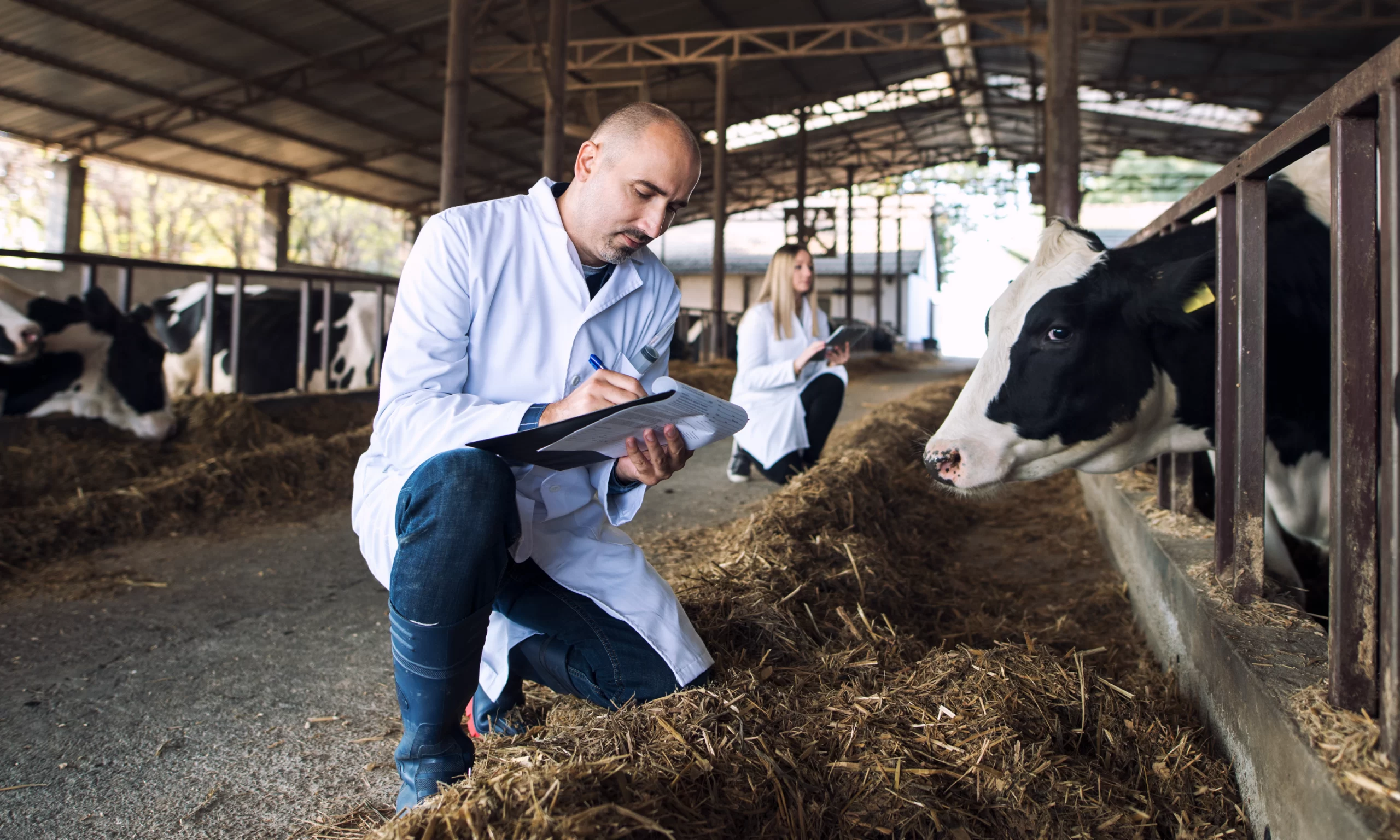
Ammonia Management in Dairy Farms
The client was looking for a progressive solution to redesign the dairy farm management system with less ammonia emission to reduce its environmental footprint. The client needed an overview of the innovative solutions developed by companies for collaborations that can be looked upon for future applications. Client Background: A leader in the dairy industry Engagement […]

Overview Study- Hydrolyzed Vegetable Protein Processing
A global F&B leader consulted Stellarix for a comprehensive review of key processing parameters and the physico-chemical properties of the raw materials used in HVP production. Stellarix’s expertise enabled the client to make strategic sourcing decisions and implement optimal technologies, thereby enhancing its value chain and overall competitive position. Client Background: A worldwide leader in […]
Client Queries Addressed
Q1. What are the latest advancements in biostimulant formulations and their specific applications in different crops? Q2. How can biostimulants be integrated into existing crop management practices to improve soil health and plant growth? Q3. What are the regulatory considerations for the use of biostimulants, and how can companies ensure compliance? Q4. How can farmers be educated about the benefits and proper application of biostimulants to maximize effectiveness? Q5. What research and development efforts are needed to expand the efficacy and adoption of biostimulants across various crops?
Q1. How can advanced agriculture technologies, such as AI and machine learning, be used to optimize farming practices? Q2. What roles do automation and robotics play in reducing labor costs and improving efficiency on farms? Q3. How can companies ensure that the adoption of advanced agricultural technologies aligns with sustainable farming goals? Q4. What partnerships or collaborations are necessary to drive innovation in sustainable agriculture? Q5. What are the potential barriers to implementing advanced agriculture technologies, and how can they be addressed?
Q1. What technologies can be utilized to enhance supply chain visibility and reduce bottlenecks in the distribution of agricultural products? Q2. How can logistics and transportation be optimized to reduce waste and lower costs in the agricultural supply chain? Q3. What strategies can be implemented to improve the cold chain for perishable agricultural products? Q4. How can collaboration between farmers, distributors, and retailers be improved to create a more resilient supply chain? Q5. What are the potential risks and disruptions to agricultural supply chains, and how can they be mitigated?
Q1. What traits should be prioritized in seed improvement programs to enhance resilience to drought, heat, and disease? Q2. How can seeds be developed to thrive in diverse agro-ecological zones and under varying environmental conditions? Q3. What role do public and private sector collaborations play in driving innovation in seed improvement for climate resilience?
Q1. How can these advancements be effectively communicated to farmers to enhance their adoption and utilization? Q2. What role do farmer education programs play in promoting the benefits of genetically improved seeds? Q3. How can collaboration with farmer cooperatives and extension services facilitate the distribution and use of improved seeds?
Insights
See All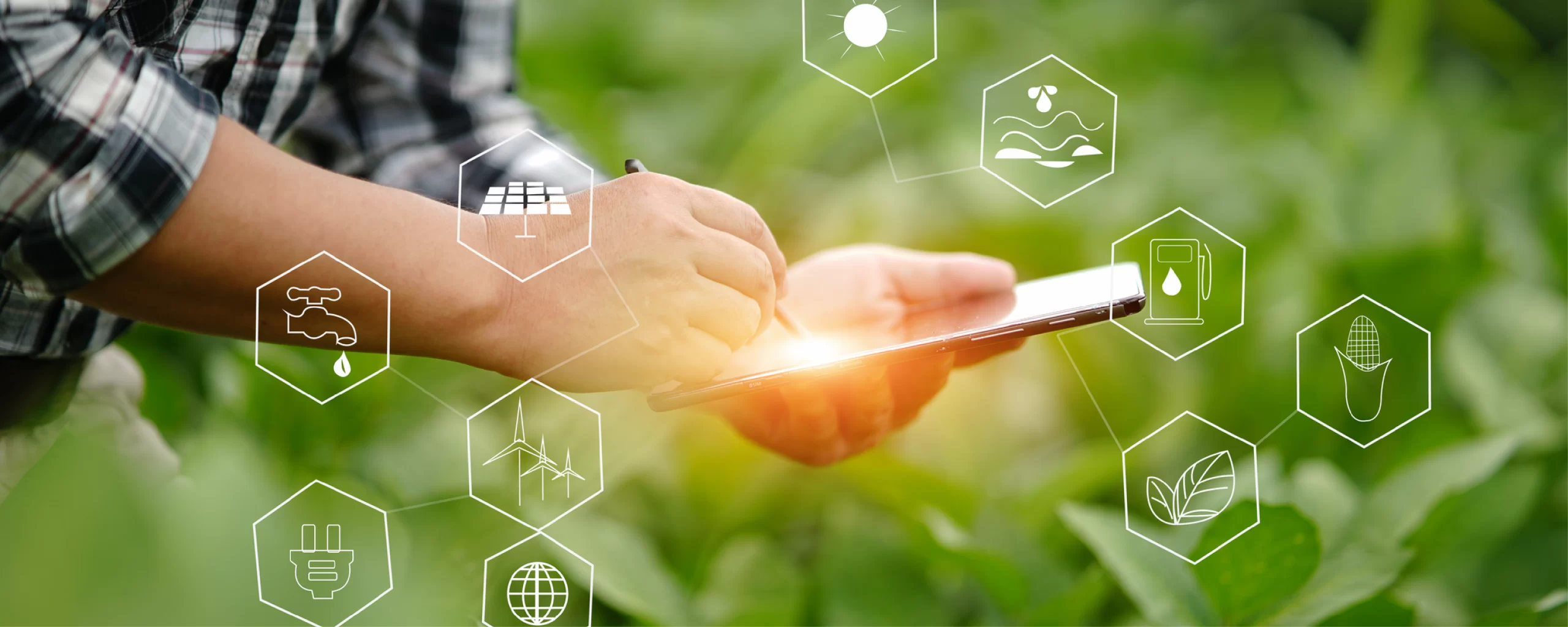
Blogs
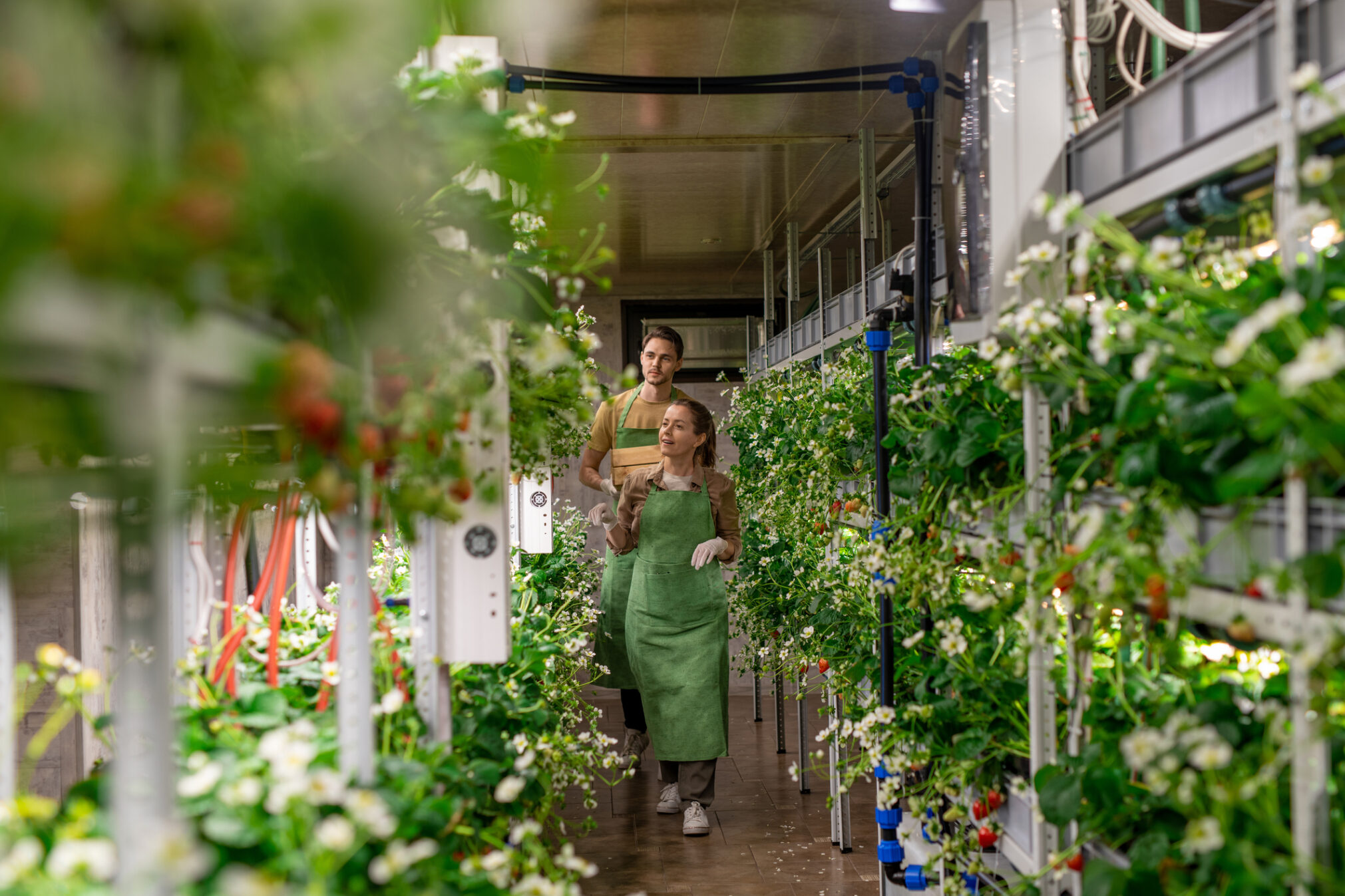
Blogs
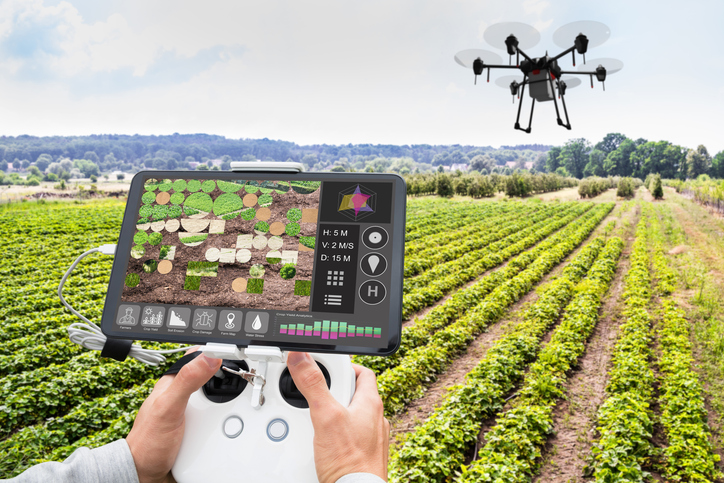
Articles
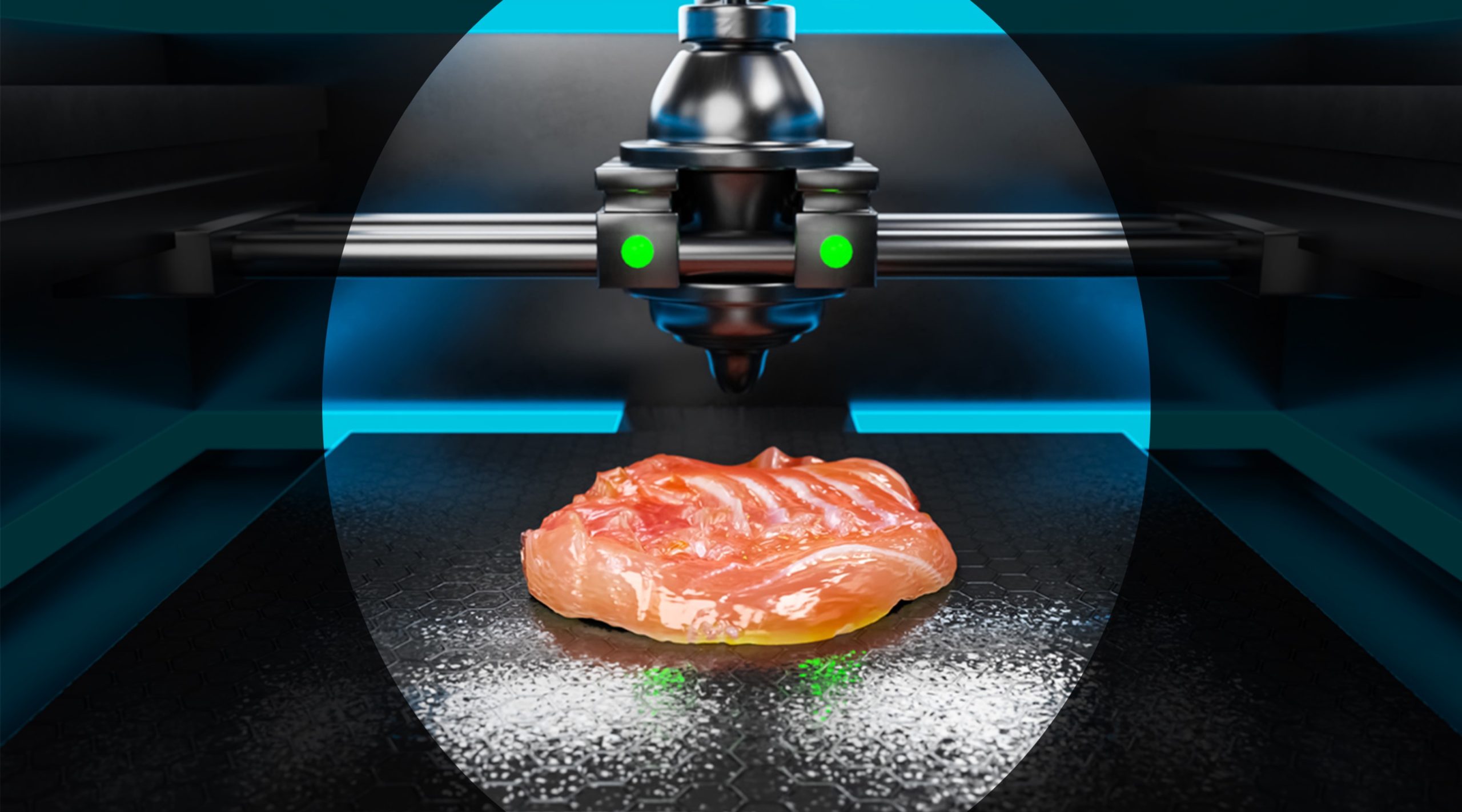
Blogs